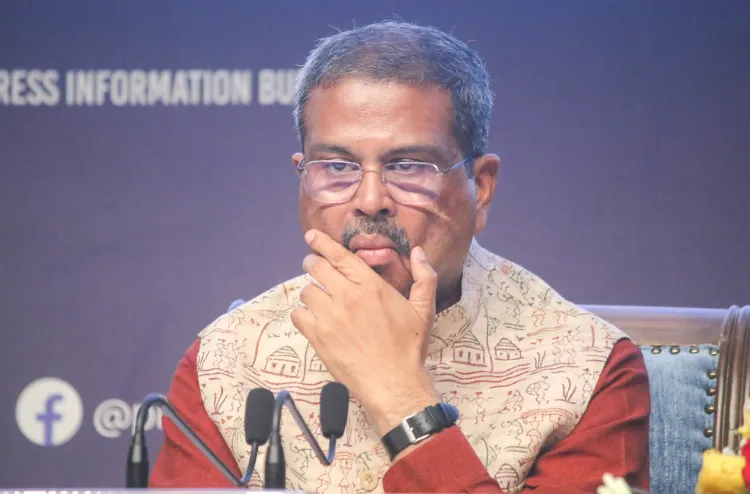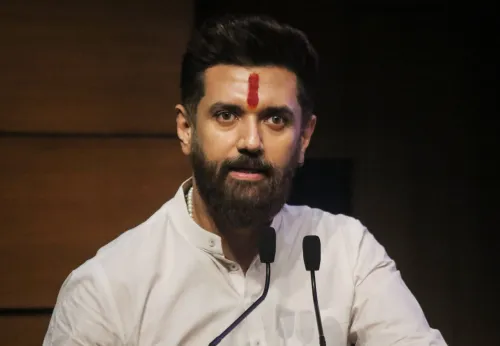Should Schools Collect Fees Via UPI and Digital Modes?

Synopsis
Key Takeaways
- Promotion of UPI for school fee collection.
- Enhanced convenience for parents and students.
- Shift towards digital payments in educational administration.
- Alignment with the government's vision for digital transformation.
- Encouraging financial literacy among stakeholders.
New Delhi, Oct 11 (NationPress) In a bid to align educational governance with the government's extensive vision for digital transformation, the Ministry of Education is urging schools to embrace secure digital payment methods for fee collection, an official announced on Saturday.
The Department of School Education and Literacy, under the Ministry of Education, has dispatched a letter to States/UTs and various stakeholders, advocating for the integration of the Unified Payments Interface (UPI) across educational institutions in States and Union Territories (UTs).
This initiative aims to enhance the Ease of Schooling by modernizing administrative operations, particularly those related to financial transactions within schools, as stated by the official.
"This effort will play a crucial role in achieving the vision of a Viksit Bharat by 2047 - fostering a digitally empowered, inclusive, and citizen-centric educational framework," the statement noted.
Capitalizing on the widespread adoption of digital payment platforms, the Department has also motivated autonomous bodies under its umbrella, such as NCERT, CBSE, KVS, and NVS, to investigate and apply systems that facilitate the collection of admission and examination fees through reliable and transparent digital methods.
The letter highlights that the shift from cash-based transactions to digital payments presents numerous benefits.
For parents and students alike, this ensures convenience, transparency, and the capability to make payments from home without the need to visit schools.
Encouraging States and UTs to adopt similar measures, the Department affirmed that the transition to digital payments in educational institutions will be a significant advancement in aligning educational administration with the government's overarching goal of Digital Transformation.
This would also enable all involved parties to enhance their financial literacy, thereby unlocking a broader spectrum of digital transactions.
On Friday, the NITI Aayog proposed the initiation of a National AI Talent Mission, a bold, coordinated effort to position India as the leading hub for AI workforce development globally.
NITI Aayog unveiled a 'Roadmap for Job Creation in the AI Economy' authored by B.V.R. Subrahmanyam, CEO of NITI Aayog, during an event attended by Sanjay Kumar, Secretary of the Department of School Education and Literacy; Vineet Joshi, Secretary of the Higher Education Department; Debjani Ghosh, Distinguished Fellow at NITI Aayog, along with other prominent guests and dignitaries.
This roadmap assesses how Artificial Intelligence is transforming the tech services sector, focusing on work dynamics and workforce evolution.
The report emphasizes that AI disruption is currently reshaping employment opportunities within India’s $245 billion technology and customer experience (CX) industries.









